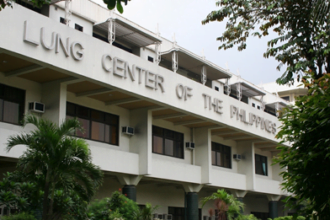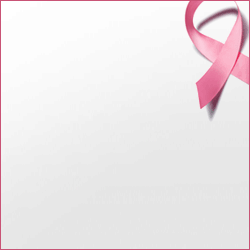 For most cancers, there are no longer “one-size-fits-all” treatment plans.
For most cancers, there are no longer “one-size-fits-all” treatment plans.
 For most cancers, there are no longer “one-size-fits-all” treatment plans. And at the recent American Society of Hematology meeting in San Francisco, we heard not only that this is changing but that it is changing quickly. I almost feel sorry for the growing ranks of “nurse navigators” who will have many long nights studying just to keep up. Monoclonal antibodies for myeloma, new medicines for CLL, some people stopping medicine for CML, many trials in MPNs, breakthroughs in lymphomas and some acute leukemias. Add to that the looming “immuno-oncology” and how experts are saying it could revolutionize cancer care. How do we all keep up?
For most cancers, there are no longer “one-size-fits-all” treatment plans. And at the recent American Society of Hematology meeting in San Francisco, we heard not only that this is changing but that it is changing quickly. I almost feel sorry for the growing ranks of “nurse navigators” who will have many long nights studying just to keep up. Monoclonal antibodies for myeloma, new medicines for CLL, some people stopping medicine for CML, many trials in MPNs, breakthroughs in lymphomas and some acute leukemias. Add to that the looming “immuno-oncology” and how experts are saying it could revolutionize cancer care. How do we all keep up?
We’ve just interviewed more than 40 experts—patients as well as MDs—about these topics, and we’ve been bringing what they say directly to patients worldwide living with these conditions, and their care partners. This year we even streamed a session with a myeloma expert live, so patients could ask questions about the news right as it happened. And we have been rushing to publish our video interviews that were recorded. Even with that, patients have been writing me expressing frustration that it takes so long. They want news for their cancer NOW! And then what happens? They call or visit their clinic and ask questions. I imagine this week after ASH there will be many calls and many questions. That’s a good thing.
Community oncology leaders like Dr. Rob Rifkin from the US Oncology Network told me during an interview the other day they are committed to patients having access to the latest treatments and clinical trials close to home. I got the same message when chatting with the Sarah Cannon Cancer Center folks. Together, they treat hundreds of thousands of cancer patients. And our effort is to make those cancer patients smarter and now to do it faster.
So that brings me back to the nurse navigator sitting alongside the patient. They will have to sprint to keep up. But before we had nurse navigators, there were few people who had the time or the role to answer questions to foster education. So we are taking huge steps forward in a dialogue between the healthcare team and people affected by cancer. Thank God, in many cancers there is so much to talk about.
Remember when you got your first computer, and you thought the processing speed was pretty fast? And then, over time, it wasn’t fast enough? Now cancer patients are beginning to expect a faster pace: faster genetic analysis of their precise situation, faster more complete discussion of the options—including trials—and a faster pace for clinic-to-patient communication overall.
I know, by law, hospitals and clinics in the U.S. will soon be required to have online patient portals active. That will create secure channels for our test results, our appointments, and it should also be a place where personalized education lives, too—and that changes as our situation changes.
For so many years, not much changed in cancer care. Now it makes your head spin. The experts are excited and many patients are, too. So we better start actively talking to one another, regularly, and faster. When you have cancer, taking the slow road to better care or a cure is not an option.






